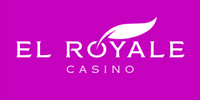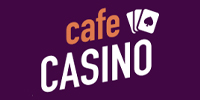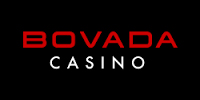Gambling in Massachusetts
Legal forms of gambling in the US state of Massachusetts include casinos, horse racing parimutuel, the Massachusetts Lottery, and charity games. Regulates commercial transactions within state jurisdiction.
Horse racing and dog racing
Parimutuel betting on horse racing is only allowed in public institutions. current racetrack, Plainridge Racecourse. Simultaneous betting on horse racing and greyhound racing is also offered at Suffolk Downs and Raynham Park, which were previously used as racecourses.
Betting on horse racing and greyhound racing was legalized in 1934.
Suffolk Downs opened in 1935 and was the state’s main thoroughbred racing venue until the last race in 2019.
The first dog tracks were Wonderland Greyhound Park, opened in 1935. In 1941 they were joined by Rainham Greyhound Park. The Taunton track closed in 1981 and its operations were absorbed by the Raynham track, which became known as the Raynham-Taunton Greyhound Park. Both remaining tracks closed by the end of 2009, when greyhound racing was outlawed by the Massachusetts Greyhound Protection Act.
Harness racing began in 1947 at Bay State Raceway (later named Foxboro Raceway). The Suffolk Downs included the sport in their calendar from 1959 to 1970. Foxboro closed in 1997 and was replaced in 1999 by the opening of Plainridge.
In addition to the main tracks, betting has also been held at races and horse races at agricultural fairs across the state, including Northampton Fair, Marshfield Fair, Great Barrington Fair, Weymouth Fair, Berkshire County Fair (Berkshire Downs), Brockton Fair and Topsfield Fair. Race line-ups were widespread at this event. This fair came to an end when the last remaining venue, Northampton, hosted its final racing event in 2005.
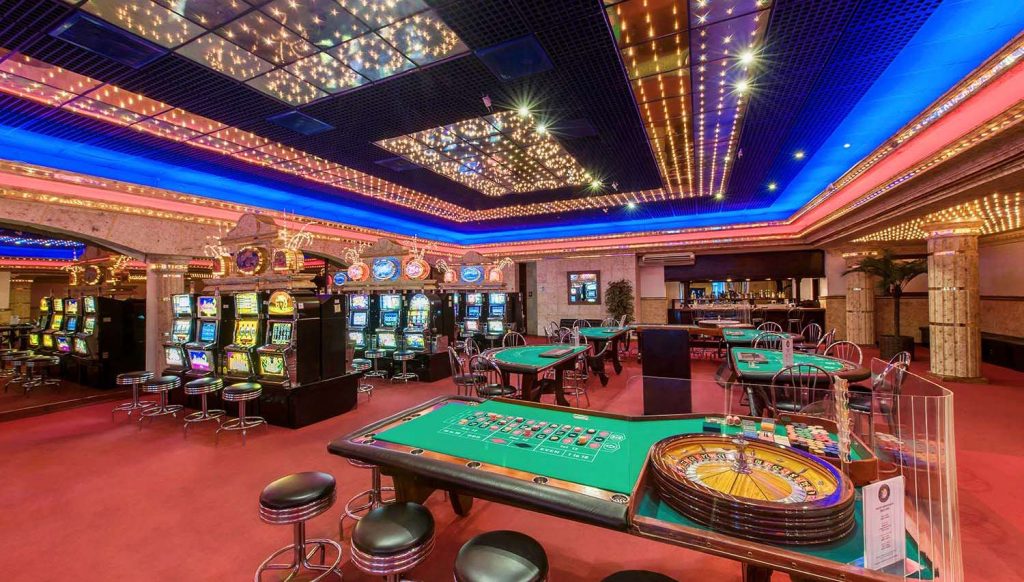
Lottery
Ticket from the first public lottery in Massachusetts, legalized in 1745.
The Massachusetts Lottery offers drawings and scratch cards. The lottery also offers tabs for sale in bars.
Private lotteries were common in early colonial history, but when public opinion turned against them, Massachusetts banned all lotteries in 1719. a public lottery was authorized in 1745 to pay expenses related to King George’s War. At least fifteen lotteries were allowed from 1749 to 1761 until the Lords of Commerce expressed their disapproval of the practice, effectively banning public lotteries in Massachusetts until the American Revolution, when lotteries became common again until the introduction of the Lottery in 1833. new ban. The modern lottery was created in 1971 and held its first draws the following year.
Charity Games
Eligible non-profit organizations are allowed to operate certain games of chance to raise funds, including bridge and whist, bingo (also called “bingo”), draws, tongues, and casino nights (called “bazaars”). Seniors’ organizations (“golden age clubs”) may also run unsupervised bingo games with prizes of $100 or less.
As of 2017, the total annual gross from charity games was about $57. million, of which $25 million from bingo, $12 million from closed accounts, $19 million from sweepstakes and $300,000 from bazaars. There were 116 licensed charity bingo game operators.
Several poker rooms across the state operate under the Night Casino Act, and daily games benefit an ever-changing charitable organization.
The Whist and Bridge fundraiser was legalized in 1932. Beano was legalized in 1934 but then banned in 1943 because the racketeers were playing games using charities as fronts. Raffles and bazaars were allowed in 1969. Beano was re-legalized in 1971, requiring local elections in each city.
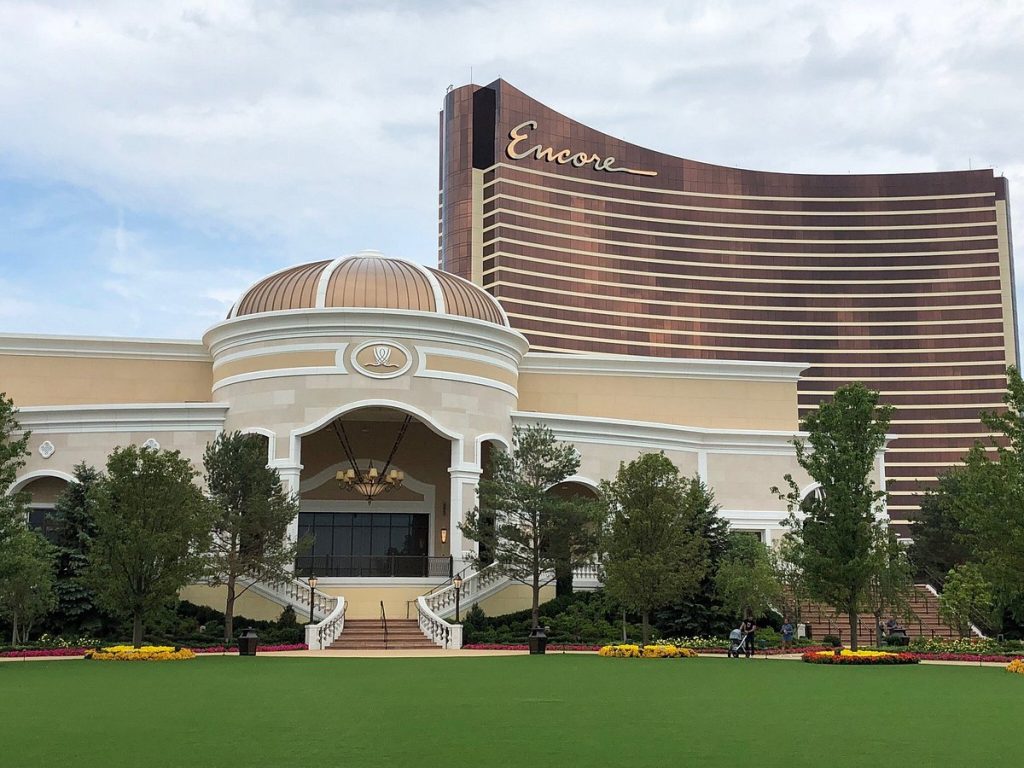
Casino
Indian casinos
Both federally recognized tribes of the state have been working for several years to open gaming establishments on tribal lands in accordance with the federal Gambling Regulation Act in India. The Mashpee Wampanoag tribe hopes to open a land-based casino in Taunton. The Wampanoag Gay Heada (Aquinna) tribe is planning a small gambling establishment in Aquinna, in Martha’s Vineyard.
. The Mashpee Tribe received federal recognition in 2007 and 2015. received approval for the transfer of land for the casino. The construction of the casino, called Project First Light, began in 2016 and is located in an industrial park. However, later that year, the court canceled the permission to transfer the land to the trust, and work on the project was suspended. As of 2019, the casino remained in limbo.
The Aquinna Tribe announced in 2013 plans to build their Class II play facility in an unfinished community center. The state quickly sued to block the project, arguing that the tribe gave up gambling rights in a 1983 land settlement in which the tribe agreed that its lands would be governed by state law. The tribe claimed that this agreement was superseded by the Indian Gambling Regulation Act 1988. The tribe prevailed in a legal battle in 2018 and began moving towards plans to build a casino at a new location on their reservation.
Commercial casinos
According to the Enhanced Games Act, adopted in 2011, up to three casino resorts and one gambling hall can be opened. A slot parlor opened at Plainridge Park Casino in 2015, while two casino resorts, MGM Springfield and Encore Boston Harbor opened in 2018 and 2019 respectively. Another casino license could be issued for the southeastern part of the state, but the process has been delayed due to uncertainty about potential competition from the planned Mashpee Wampanoag casino.
Casino Cruises
Playboats have occasionally operated outside of Massachusetts harbor, taking passengers on “cruises to nowhere” in federal waters where state gambling laws do not apply. The first was the Vegas Express cruise which departed from Gloucester from 1998 to 1999. Southern Elegants and Eldorado departed from Gloucester starting in 1999, as did Lynn’s Midnight Gambler before moving to Provincetown for a six-week run in 2000. Another ship operated by Atlantic Casino Cruises left Gloucester between 2002 and 2003. Linna Harbor also hosted Horizon’s Edge Casino Cruise, from 2000 to 2009, and Aquasino, which ran for several months in 2013.

